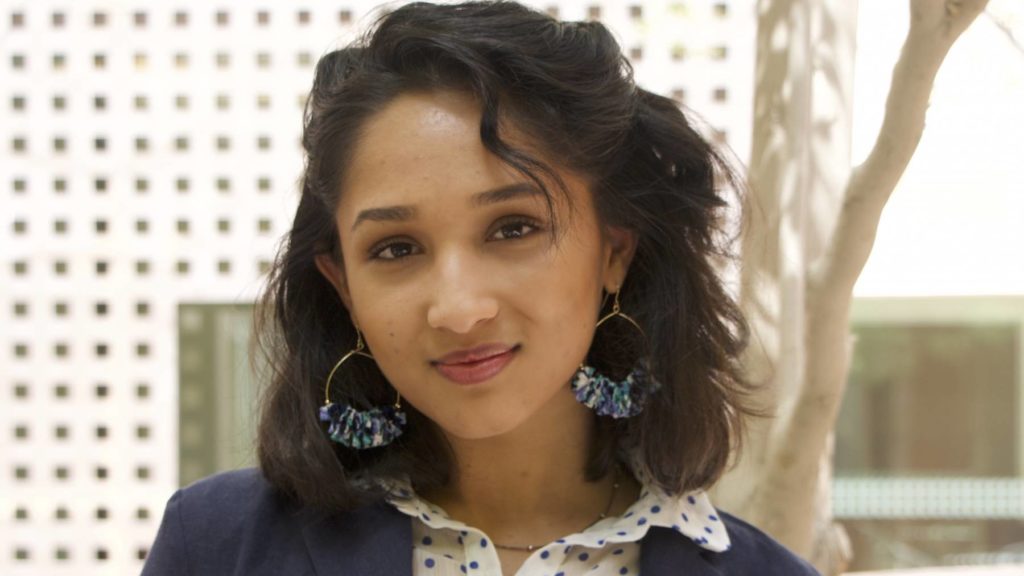Georgetown’s Online Research Presentations and More Student Collaboration are Benefits of Research at QF During the Crisis

School closures may have disrupted on-campus student research efforts, but at Georgetown University in Qatar (GU-Q), the training of future scholars has simply moved online. Irene Promodh, a student research fellow at GU-Q’s Center for Regional and International Studies (CIRS), recently presented her year-long research project on the role that Malayalam radio stations play in forging a sense of community and new forms of belonging among Keralite expats in Qatar, to an online audience of other students, as well as staff and expert scholars at GU-Q. The talk was just one way that students at Qatar Foundation partner institutions are staying ahead of the effects of the pandemic.
The talk was part of the CIRS Undergraduate Research Advancement program, or CURA, which serves as a Doha-based training ground for future researchers at GU-Q. As a CURA student fellow, Irene said she wanted to fulfill her commitments despite the current challenges. “We can’t wait until life returns to pre-pandemic normalcy to focus on education and research. We have to adapt using the technologies at our disposal in order to fulfill work obligations and ensure a high level of efficacy too.” While getting the work done is key, explained Irene, there’s more to it. “Just the decision by CIRS to carry out the CURA talk at a time like this shows resiliency in a time of crisis, and that’s an important message to send.”
Irene, a junior majoring in International Politics at GU-Q, spent a year researching and interviewing listeners and producers of Qatar’s primary Malayalam-language radio station that replaced the UAE-based channels disrupted by the blockade. Her research showed how these popular sources of news and entertainment allow these expat communities to “maintain social and cultural ties in Kerala even as they broker new realities in Doha.”
Liz Wanucha, Operations Manager at CIRS, said that “The CURA workshops and training for this semester have been successfully adapted to a virtual space, allowing our CURA Fellows to continue to work remotely.” And using shared drives and shared documents online, and connecting through chat groups on mobile phones, she said, has had an unforeseen benefit. “Our students have been collaborating with each other even more than before.”
The CURA program facilitates research experiences for GU-Q undergraduate students. CURA initiatives aim to enhance students’ research capacity through skills-development workshops, discussion seminars, peer-to-peer learning mechanisms, and focused mentorship. CURA also provides opportunities for students to present their original research publicly, and to submit research papers for publication as part of the CIRS CURA Paper Series.